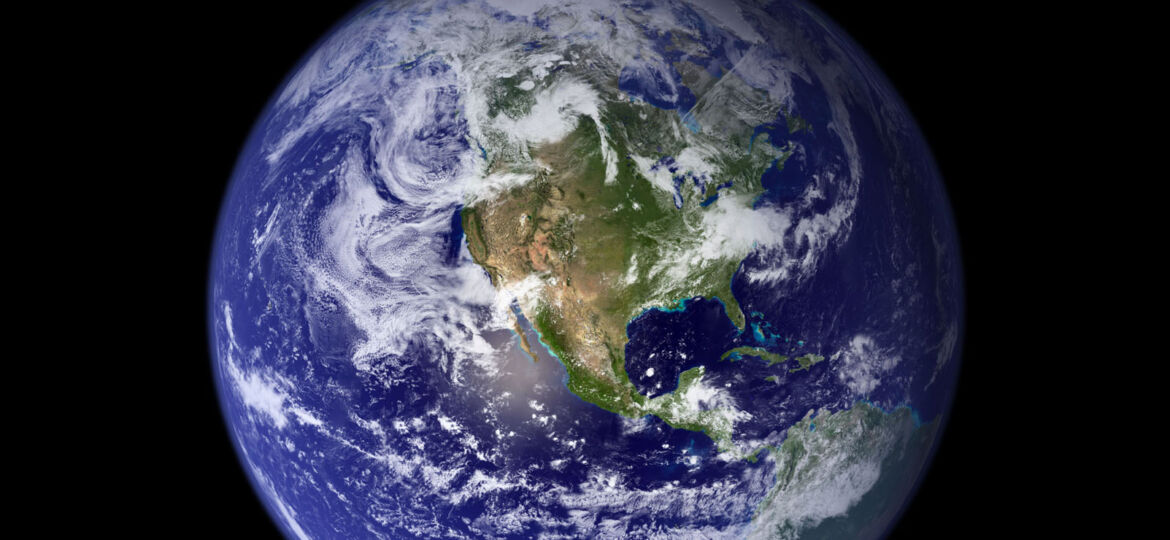
WHY THIS MATTERS IN BRIEF
Over the past five decades the world has got immeasurably smaller but language is still a barrier, but that’s all beginning to change.
Yes, it’s a small world. Or so we’re told. The advent of the telephone and the internet made distance irrelevant and today we can reach out and communicate with someone on the other side of the planet as easily as if they were next door. In fact in some cases it’s arguably easier to speak to someone on the other side of the planet than the people in our own local communities. But one barrier remains, and it’s a big one – language, and that’s one that, up until now has proved tricky to solve.
I was in Dubai recently giving a speech, and as I and my family walked around the venues, malls, hotels and airport it was with no small sense of irony that I knew that, given the chance, I could strike up a conversation with the majority of the people there but couldn’t because I don’t speak German, Japanese or Mandarin. And therein lies the issue.
It’s not that we don’t have a lot in common with other cultures or peoples, it’s not that we couldn’t enjoy their company if we reached out. In many cases our failure to understand other cultures, issues and people stems from our common inability to communicate with each other on a meaningful level. And body language just doesn’t cut it. Just try using body language, for example, to understand a refugee’s story and you’ll get the idea.
That said though with Google’s DeepMind text based platform now able to natively translate between over a hundred different languages and Microsoft Skype’s video and speech based service able to do the same, in real time after they announced their support for Japanese, their tenth language, with the others being other languages are English, Spanish, Brazilian Portuguese, French, German, Italian, Mandarin Chinese, Arabic, and Russian, those barriers, like so many before them, are beginning to vanish, and one day they’ll completely disappear.
Today though these technologies are limited to translating text and speech through a screen, or a headset, tomorrow we’ll be able to get rid of those “old world” intermediary devices and communicate with each other natively using Brain to Brain (B2B) communication that uses a mixture of next generation Brain Machine Interfaces (BMI), such as the Neural Lace touted by Elon Musk and those being developed by Facebook, Artificial Intelligence (AI), and the cloud.
Goodbye headsets, goodbye screen, hello telepathy. And yes – telepathic communication is already a thing…
Consequently, as we look towards the future it is increasingly easy to see how technology will become a force of good that helps to unite us all and bring us closer together, albeit against a back drop where more people are worried about automation and job security.
Whether it’s thanks to new real time translation services, like those from Google and Microsoft, which are just the first salvo, or further out technologies such as the creation of new hive mind, telepathic, or virtual reality technologies, one thing is for sure, the world is about to get much, much smaller, and interesting. And as for those people who fear or worry about globalisation all I have to say is you either view these new paradigms as threats or opportunities – on the one hand it is getting easier for people to “reach” into your own backyard, and, for example, perform your job, but similarly, with the right skills and vision, it’s now easier than ever for you to reach into everyone else’s back yard, and when you boil it down there are an infinite number of backyards for you to reach into, and therefore, by definition, for the entrepreneurs among you, that presents you with an almost infinite number of opportunities. So go forth and conquer.
















